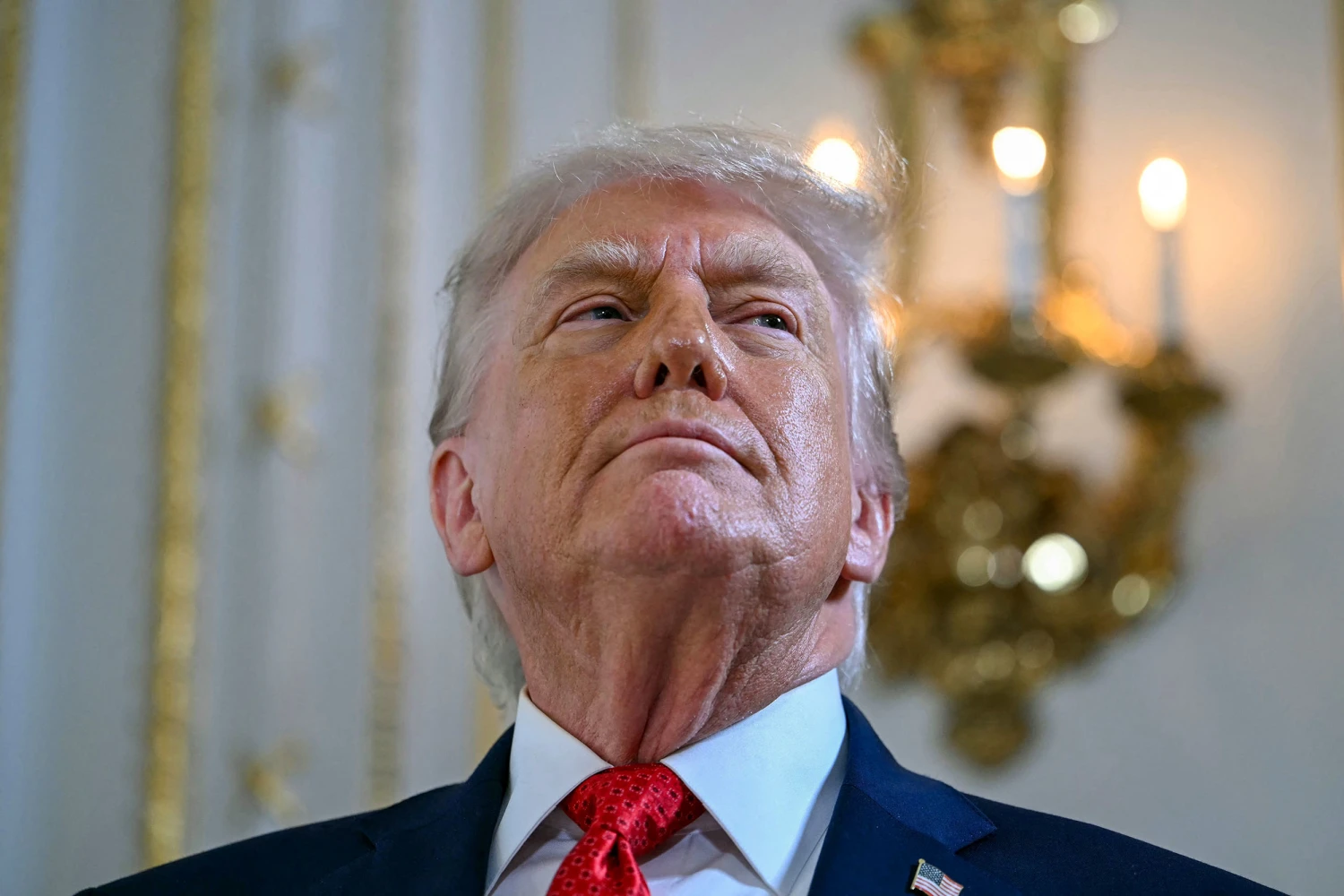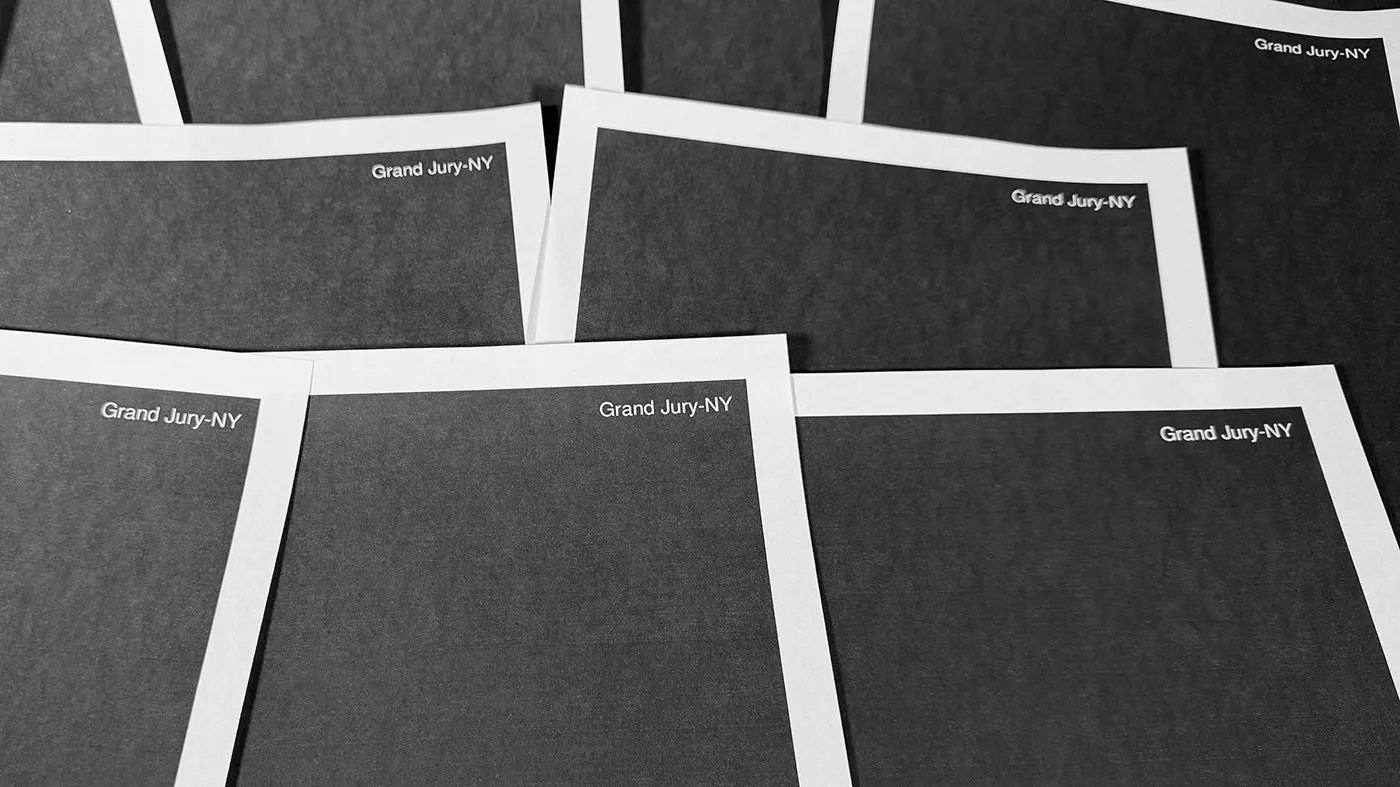The aide who was Anonymous writes, under his own name, with an urgency the New York Times and others should note
Miles Taylor is a former chief of staff of the US Department of Homeland Security who catapulted himself to nameless fame in the fall of 2018, when he published an anonymous op-ed in the New York Times under this headline: “I Am Part of the Resistance Inside the Trump Administration.”
Miles Taylor seen in Washington DC, shortly after revealing his authorship of a famous New York Times column and book.
‘Trump can beat Biden’: White House whistleblower Miles Taylor returns with fresh warning
Read more
Taylor described himself then as one of many senior officials “working diligently from within to frustrate parts of [Trump’s] agenda and his worst inclinations … To be clear, ours is not the popular ‘resistance’ of the left. We want the administration to succeed … But we believe our first duty is to this country, and the president continues to act in a manner that is detrimental to the health of our republic.”
The article set off a firestorm, Trump and his allies demanding to know the identity of this “traitor” while some on the left questioned the morality of continuing to work for an administration after you’ve realized it is a clear and present danger to the health of the country.
In his new book, Taylor reveals that debate was as vivid inside him as it was within the rest of the body politic. He has now concluded that anonymity, which he carried into a first book, A Warning, was a mistake, “a gift to authoritarians. They thrive on fear and the suppression of dissent.”
The subtitle of his new book is “A Warning to Save Democracy from the Next Trump”, and there is certainly plenty of that in its 300-plus pages. But there is also lots about Taylor’s “mentally, emotionally and physically” painful “journey to the truth”, which included the break-up of his marriage, bouts of alcoholism and prescription drug abuse.
Even after the scores of Trump books which have assaulted our bookshelves, Taylor still manages to reveal a few fresh moments of astonishing evil or narrow escapes from Armageddon. These include Trump’s musings to his then chief of staff, John Kelly, “that he badly wanted to strike North Korea with a nuclear weapon”; the president talking about his daughter Ivanka’s “breasts, her backside, and what it might be like to have sex with her”; Steven Miller’s eagerness to eliminate the judiciary (“Yes sir, a country without judges would help”); and Miller’s equal affection for genocide, revealed when he interrogated the commandant of the US coast guard about why he couldn’t use a drone with a missile to “obliterate” a “boat full of immigrants” in “international waters”. International law would be a problem, the commandant explained.
The substantive part of Taylor’s book is devoted to waking up Americans to the very real dangers of a second Trump presidency, including plans to “manipulate the justice system to cover up corruption, punish political enemies and reshape US courts”.
Taylor reminds us once again of how completely the Republican party has been corrupted by Maga ideology, with powerful allies of the House speaker, Kevin McCarthy, like Marjorie Taylor Greene, calling for “defunding the FBI” while the Texas senator Ted Cruz wants “a complete house cleaning” at the same agency.
“They will be unconstrained and untethered,” former homeland security general counsel John Mitnick says. “What little restraint was exercised in terms of respecting the rule of law will be gone.”
Like many other George W Bush Republicans, Taylor is weakest when he argues that Trump is an outlier to “ideals long espoused by conservatives: free minds, free markets and free people”. This ignores the party’s historic affection for racism and homophobia, which dates at least to Richard Nixon’s southern strategy in 1968, or Bush’s advocacy for a constitutional amendment to ban same-sex marriage, a cornerstone of his re-election campaign in 2004. When Taylor casually accuses Barack Obama of backing away “from America’s allies” and “bowing down to its adversaries”, we are reminded the author is indeed an old-fashioned Republican.
But his book is still important because it rings alarm bells about the huge danger of fascism and authoritarianism that would come with Trump’s return to the White House, in a moment when many Washington reporters are silent. This journalistic impotence was evident in two recent stories co-authored by the New York Times reporters Jonathan Swan, Charlie Savage and Maggie Haberman.
The first, published last month, described Trump’s promise to appoint a special prosecutor to investigate Joe Biden as part of “a larger movement on the right to gut the FBI, overhaul a justice department conservatives claim has been ‘weaponized’ against them and abandon the norm – which many Republicans view as a facade – that the department should operate independently from the president”.
Trump supporters gather outside Fox News in New York City in June.
Trump supporters gather outside Fox News in New York City in June. Photograph: Michael M Santiago/Getty Images
The second piece by the same trio described Maga plans to eliminate the independence of all federal agencies, including the Federal Reserve board, and laid out Trump’s “plans to scour the intelligence agencies, the state department and the defense bureaucracies to remove officials he has vilified as ‘the sick political class that hates our country’”.
These two articles totaled 4,800 words but included less than a hundred words from anyone questioning the morality or legality of these plans to politicize the justice department and destroy the federal civil service. This single quote, from Kelly, was the only significant balance provided in either piece: “It would be chaotic. It just simply would be chaotic, because [Trump would] continually be trying to exceed his authority but the sycophants would go along with it. It would be a non-stop gunfight with the Congress and the courts.”
The Times reporters did not respond to an email asking why they thought a hundred words of opposition to the Maga agenda were sufficient to make their stories balanced.
With that kind of laissez-faire attitude prevailing among too many journalists, books like Taylor’s, which focus on the imminent dangers from a Maga revival, are crucial to a broader effort to rescue American democracy.




